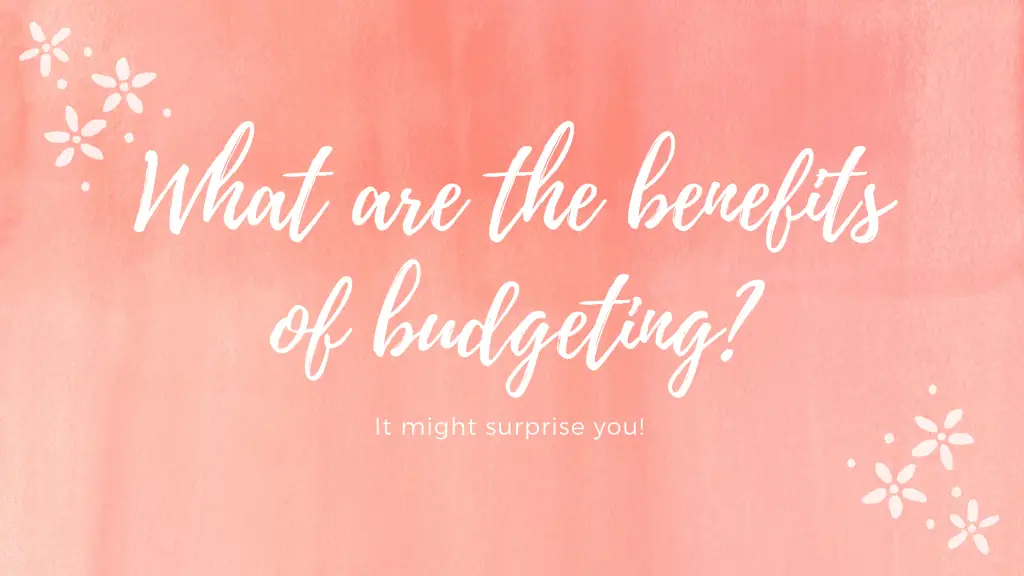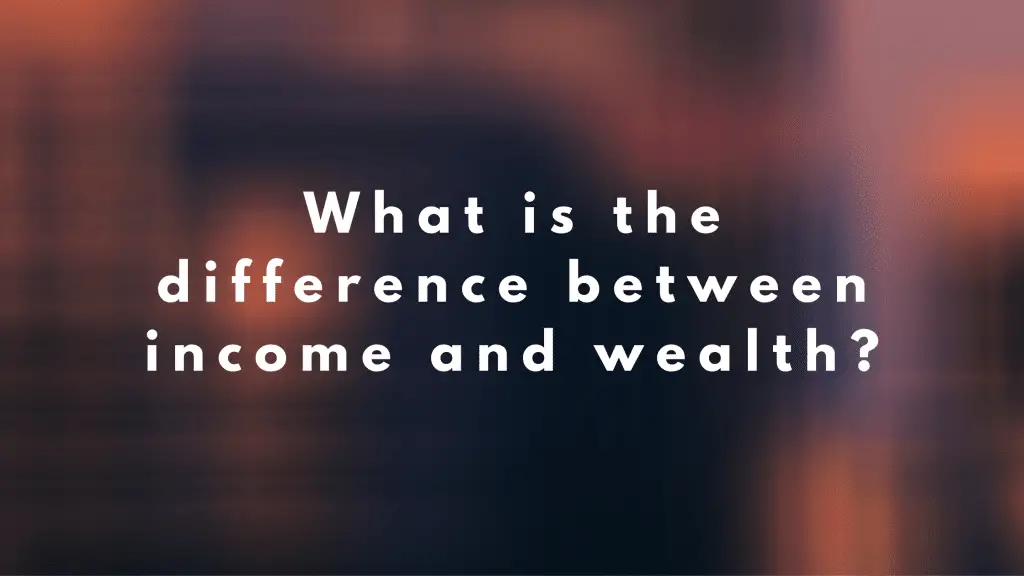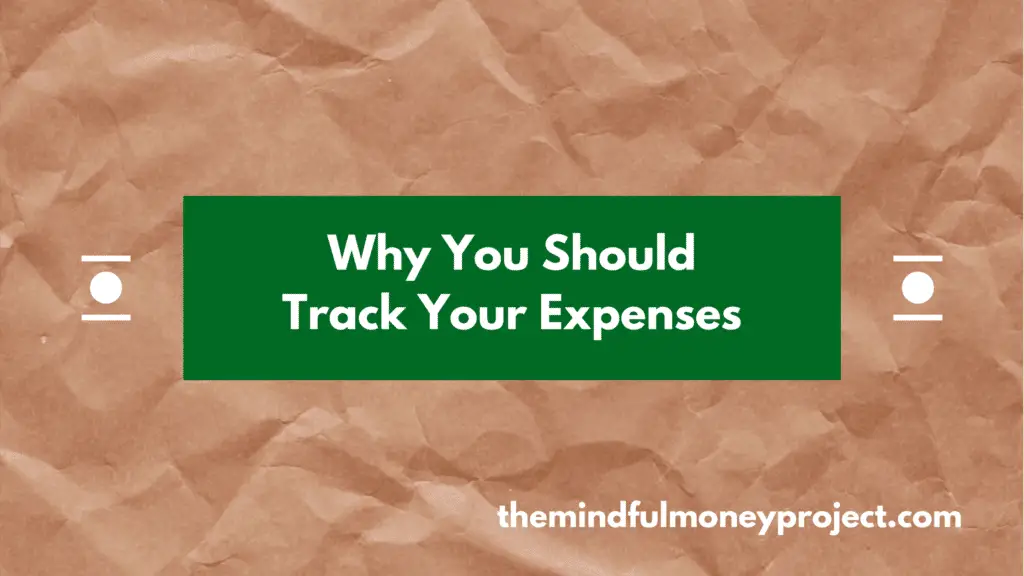So you’ve cranked out your budget, made some easy savings and upped your Personal Profit.
Good work!
Now, as long as you’re able to stick to your new budget, you’ve just been given a superpower. The power to see into the future.
If you know that your personal profit is at the £500 per month level as a result of your budget, you can reliably estimate the amount of time it will take you to reach your goal.
So if your goal is to save a £12,000 house deposit, you know you will reach it in exactly 2 years’ time. However, this is where your level of intensity comes into play.
It is normally a trade-off between time and intensity when it comes to your personal finance goals. With an inverted relationship, a longer timeframe means less intensity is required.

If you’re happy with reaching your deposit goal in 3 years, then you can afford to go easy on your budget and only need a personal profit of £333 per month.
However, if you want to do it in one year and go hell for leather, you’ll need to make the painful cuts necessary to boost your monthly personal profit to £1,000.
At that rate, it will only take 12 months to reach your goal, but you’ll have to attack the goal with a level of intensity that will likely mean trade-offs elsewhere.
This is why the timeframe of your goal matters and why it will influence how aggressively you attack your goals.
There are many in the personal finance community who are pursuing a goal of reaching financial independence (FIRE, or “financial independence, retire early”). Briefly to the uninitiated, this is when you have a large enough investment portfolio that your expenses are covered by the returns indefinitely and you no longer need to work.
Some are pursuing this extremely aggressively, in less than 5 years. Some are more moderately pursuing it over a longer timeframe (i.e aiming to achieve it by 40 or 50 rather than 30).
This makes a big difference in the scale and intensity of your endeavours.
If you’re trying to hit it in 5 years, you’ll likely go through the back catalogue of painful savings with fervour and radically change your lifestyle, safe in the knowledge that you are working towards your goal at pace.
See related: how to save for a house deposit in a year (how I saved over £20k in 12 months)
Why is this important?
When setting your financial goals, you should aim to set them SMART. Specific, Measurable, Achievable, Realistic, and Timebound.
Based on your personal profit figure, you’ll be able to set a realistic goal based on what it tells you. If the timeframe is not quick enough, then you know you’ll need to get more intense with your budget in order to cut the timeframe.
Compounding
There is a huge factor that favours goals over a longer timeframe; compounding.
Compounding is when you earn interest on interest, and as a result this compounds over time to grow at a faster and faster rate.
The key ingredient for compounding to take affect is time, and so any longer term goals have the benefit of having more time behind them to allow compounding to take affect.
This is normally more relevant for big, audacious goals like early retirement (5-10+ years), as you won’t feel the benefit for smaller goals which have a timeframe of less than 5 years.
Plum vs Vanguard – Cheaper Fees to Boost Your Portfolio?
Sometimes even hearing the word “finance” is enough to start an eye-rolling yawn, but I…
Money Dashboard Review UK 2021 – Will This Sort Out Your Finances?
If you’re not interested in tracking your spending using a spreadsheet, then using a budgeting…
What are the benefits of budgeting?
Even the word “budget” may evoke a deep-seated sense of fear, anxiety and loathing, but…
How To Stick To Your Budget When Nothing Works
We’ve all been there, built a kick-ass budget but you’re unable to stick to it….
What is the difference between income and wealth? And why you should care!
Understanding the difference between the two is important, especially when you’re trying to improve your…
How to cancel your Now TV pass
Even though Now TV offer you the cheapest way to get Sky Sports without a…
Is Saving £1000 a Month Good?
Saving £1000 a month is quite an iconic milestone for many of us. A big…
Average Cost of Food For One Person UK
When looking at your own food costs, it is often difficult to know how you’re…
How To Cancel National Geographic Subscription UK
Bored of the National Geographic and want to cancel your National Geographic Subscription in the…
“Why Should I Track My Expenses?” – We’ve got 7 reasons why!
Tracking your expenses isn’t all about firing up a spreadsheet and restricting your spending. Having…













Pingback: Financial Independence - Why I'm Chasing It - Personal Profit
Pingback: How To Stick To Your Budget When Nothing Works - Personal Profit
Pingback: Average Food Budget in the UK - How Do You Compare? - Personal Profit
Pingback: What should I do with spare cash? | The Mindful Money Project
Pingback: The Big Bad Budget - My Top 5 Reasons Why You Need A Budget | The Mindful Money Project
Pingback: What Is A Good Percentage To Save From Your Paycheck?